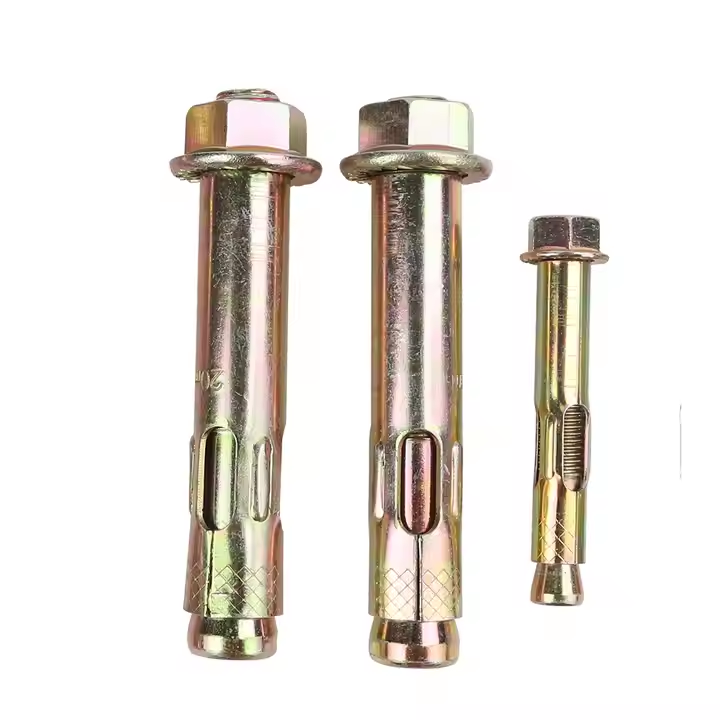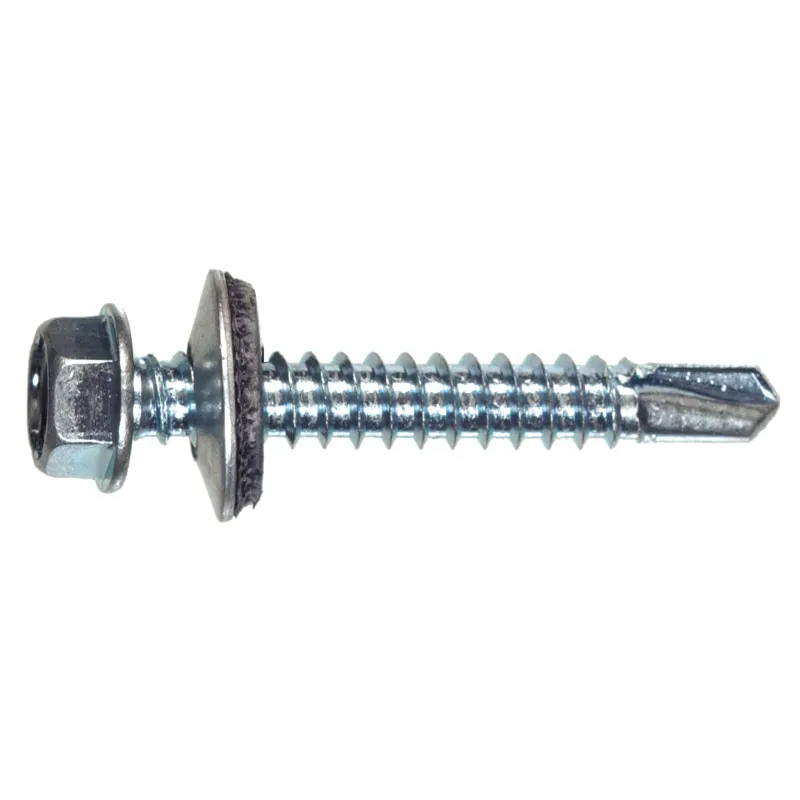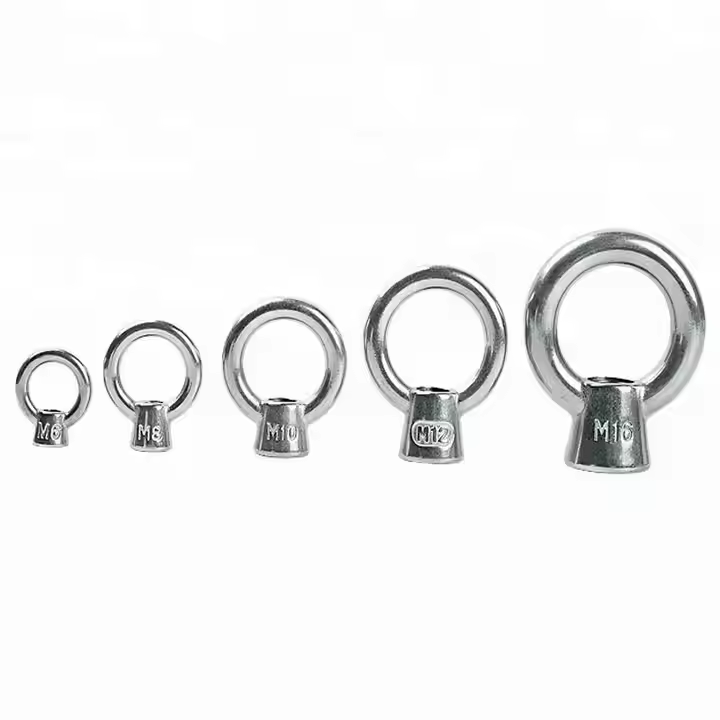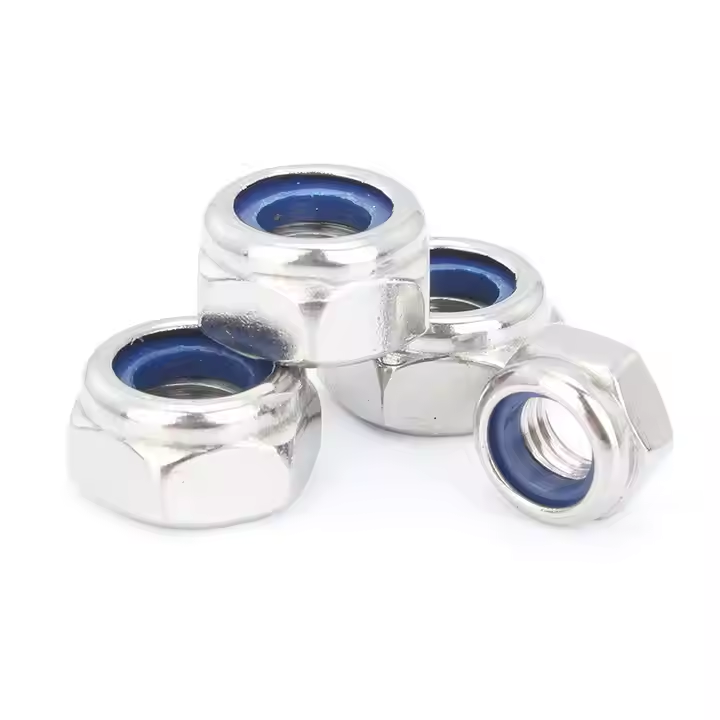

This comprehensive guide explores the world of M8 bolts, covering their specifications, applications, and how to choose the right one for your project. We delve into different materials, strengths, and head types, providing practical advice to ensure your project's success. Learn about the crucial factors to consider when selecting M8 bolts and avoid common mistakes.
The M8 in M8 bolt refers to the nominal diameter of the bolt, which is 8 millimeters. This diameter is crucial for determining compatibility with nuts and holes. The thread pitch, or the distance between adjacent threads, is another important specification. Common thread pitches for M8 bolts include 1.25 mm and 1.0 mm. Choosing the correct thread pitch ensures a secure and reliable connection.
The length of the M8 bolt is measured from the underside of the bolt head to the end of the shank. Selecting the appropriate length is crucial for achieving sufficient grip and preventing failure. The material of the M8 bolt significantly impacts its strength and corrosion resistance. Common materials include carbon steel, stainless steel (grades 304 and 316), and alloy steel. Stainless steel M8 bolts offer superior corrosion resistance, making them ideal for outdoor or marine applications. For high-strength applications, alloy steel M8 bolts are often preferred.
Hex head M8 bolts are the most common type, featuring a hexagonal head that provides a strong grip for wrenches. They are versatile and suitable for a wide range of applications, from general fastening to more demanding projects.
Socket head cap screws, also known as Allen bolts, have a recessed hexagonal socket. They provide a clean, low-profile finish and are often preferred in applications where aesthetics are important. They are commonly used in machinery and automotive applications.
Other M8 bolt head types include countersunk bolts, flange bolts, and button head bolts. Each type has specific design features and applications. Choosing the right head type depends on the specific requirements of the application. For example, countersunk bolts are often used where a flush or countersunk surface is needed.
Selecting the correct M8 bolt involves considering several factors, including the material, thread pitch, length, and head type. The application, load requirements, and environmental conditions must also be carefully assessed. Consulting relevant engineering standards and manufacturer specifications is crucial for ensuring safety and reliability.
Finding reliable suppliers is crucial for obtaining high-quality M8 bolts. We recommend researching and comparing various suppliers to ensure you're getting the best quality and pricing. For a wide selection of fasteners and excellent customer service, consider exploring options like Hebei Muyi Import&Export Trading Co.,Ltd. They offer a comprehensive range of products to meet various needs.
Remember always to check the specific requirements of your project before making a purchase. Ensure your chosen M8 bolts meet the necessary strength and corrosion resistance standards. Improper bolt selection can lead to structural failure, so careful consideration is essential.
| Material | Tensile Strength (MPa) | Corrosion Resistance | Typical Applications |
|---|---|---|---|
| Carbon Steel | High | Low | General purpose, indoor use |
| Stainless Steel 304 | Moderate | Good | Outdoor use, food processing |
| Stainless Steel 316 | Moderate | Excellent | Marine environments, chemical processing |
| Alloy Steel | Very High | Moderate | High-strength applications |
Note: Tensile strength values can vary depending on the specific grade and manufacturer. Consult manufacturer specifications for accurate data.
This information is for guidance only and should not be considered professional engineering advice. Always consult with a qualified professional for specific applications.













Please enter your email address and we will reply to your email.